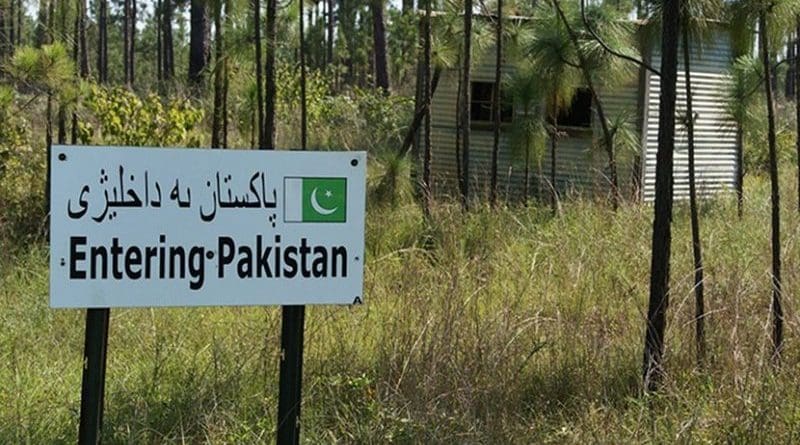Turkish Development Model As Role Model for Pakistan – OpEd
By Ali Abbas*
The Turkish model defined by its success model with Islamic rooted political party which is ruling a nation on the values of democratic secularism. Although secularism was initially introduced by Mustafa Kemal Ataturk vision as modern and western oriented system by undemocratic means. In the region of Arab Turkey often comes up as positive democratic model that is pleasant with Islam. This model is friendly both with Islam and democracy which categorically rejects itself from militant version of Islam.
The Turkish system provides constructive conditions to the world market and achieves desirable economic growth and economic prosperity in the country. The system has friendly relations with western secularist democracies with capitalist Islamic democracy always promote peace with neighbors and stability in the region.
In Pakistan many groups and Islamic organizations have their own interpretation of Islam. Historically they are trying to implement their own version of system in the country. Although they are also talking about the freedom, liberty but their different versions create confusion within the society. Ultimately people vote for those parties having secular and liberal agendas. So in this confusion of society Turkey quoted as model of co-existence of Islam with democracy and pluralism and also as a healthy capitalist economy. Turkey has strong Islamic beliefs, customs and social structures preserved among the size of its population and attained significant social and economic progress in 21st century.
The Turkish progressive society developed a strong capacity of democratic institutions and also relatively reduced the role of military in politics and permitted for the rise of political Islam and Islamic standards. So this political and development system would be valuable for Pakistan to enhance its political and democratic institutions to strengthen the country and progressive civil society. During the political instability in Turkey the role of its professional and credible bureaucracy can’t be neglected, which leads significant confidence in institutions and create more tolerance in a democratic state.
Another basic example of Turkey’s development is the separation of the political and economic spheres. The economic liberalization led to the creation of an independent business community which contributed for the country’s development. These institutions help to improve the democratic structure and facilitated world nongovernmental organizations as source of funding in the country, economic growth better relations with world community and financial institutions while considerably enhancing civil society. These developments led public more active in country’s economic spheres and have developed confidence on institutions and political system as well.
Pakistan on the other hand, promotes politics of interest, business class shifting investment due to lack of facilities and stable environment. Socio economic factors out of control, income inequality remain main problems in Pakistan’s society. Turkey successfully contained these problems and improved her country’s living standards.
Turkey has established a practical model of moderate Islamic rules well-suited with incorporation in a modern secular world. Islam has been given its due, and extremism has been kept in check. So Turkish model be used to contain Islamic extremism in other Muslim countries. Moderate Islamic party should be allowed in office to rule if it wins the elections. Due to these moderate parties there will be low chances for extremist groups to incorporate their ideologies within the system and in the society. Moderate parties must play their positive role in the country, conduct free and fair elections and should ensure the supremacy of law.
The Muslim world should concentrate on Turkey’s successful model its stable and growing economy, strong democratic institutions and an independent foreign policy. It is very important that Turkey differs from other Muslim states in respect of imposition of Islamic sharia in the country. Many Muslim countries introduced Islamic laws and values to improve their legitimacy and to contain the opposition of Islamic parties. In Turkish case the political leaders have never been forced to implement Islamic laws and policies in the country.
Pakistan lacks in various spheres with weak democratic institutions, different versions of Islamic values and unprofessional or weak judicial system and bureaucracy, lack of accountability and transparency amongst various institutions and electoral system. Therefore Turkish model for development is more suitable for Pakistan, which have healthy democratic institutions and professional bureaucratic norms.
*Ali Abbas, PhD Scholar at the School of Politics and International Studies. (SPIS) Central China Normal University. He earned his MPhil degree in International Relations from National Defence University Islamabad, Pakistan. His Ph.D. research focuses on the Strategic triangular relationship between Pakistan-China and the USA in the 21st century. His research area of interest further includes South Asian studies, Extremism, and terrorism, foreign policy of great powers. He frequently writes articles on different topics in international and local media sources. He writes in China Daily, Modern Diplomacy, Eurasia Review, and Always CCNU Magazine.

